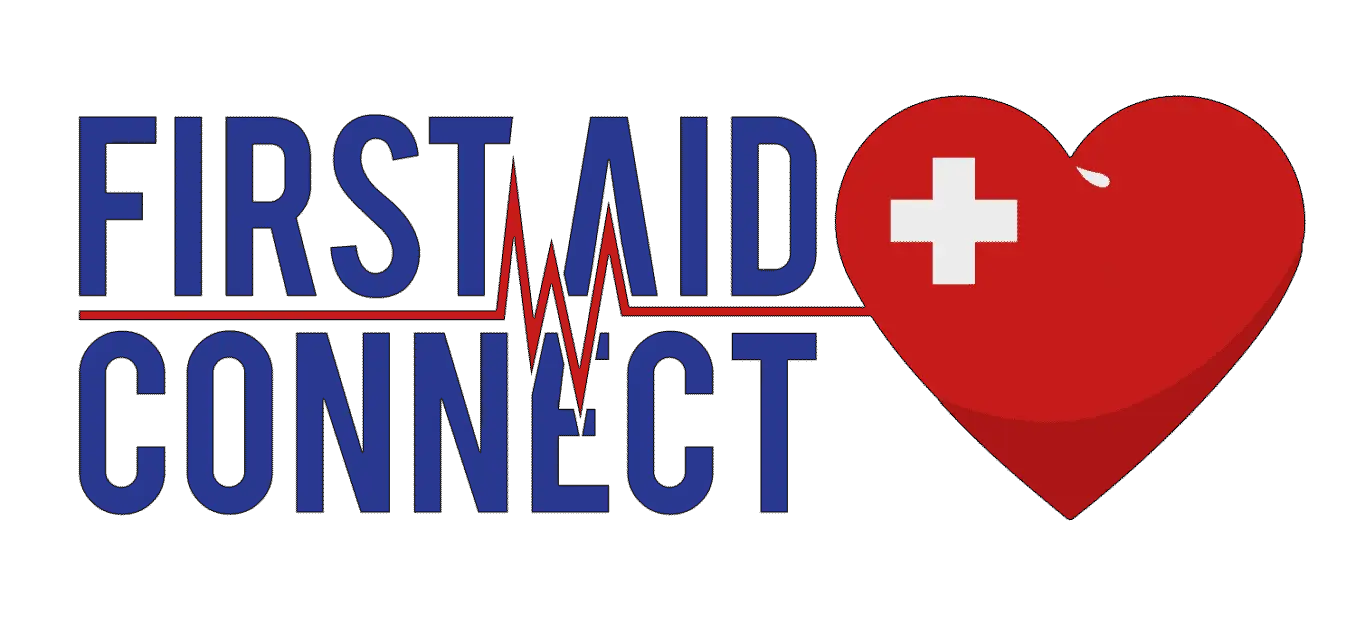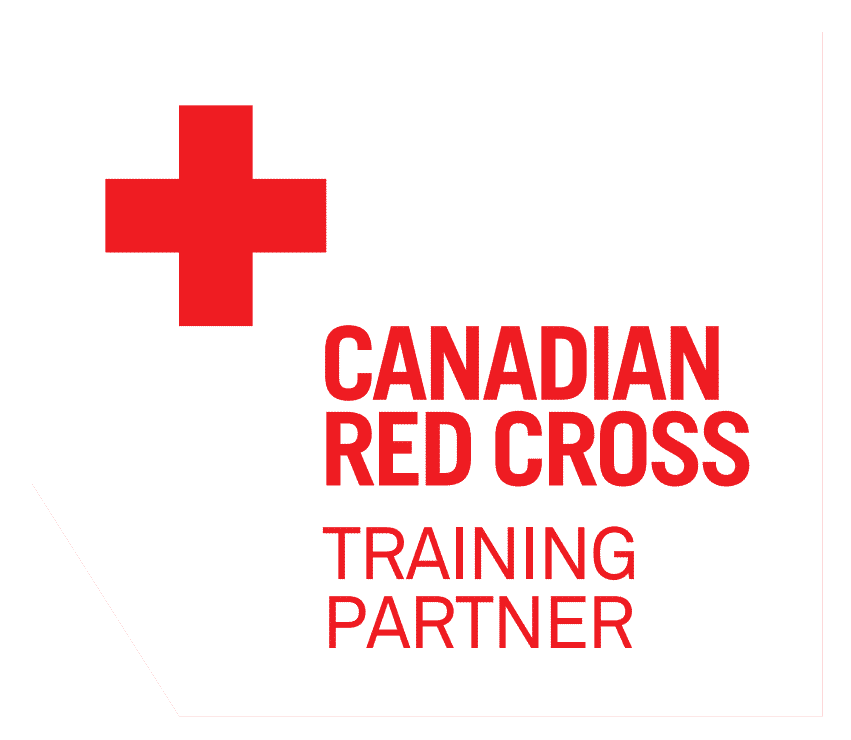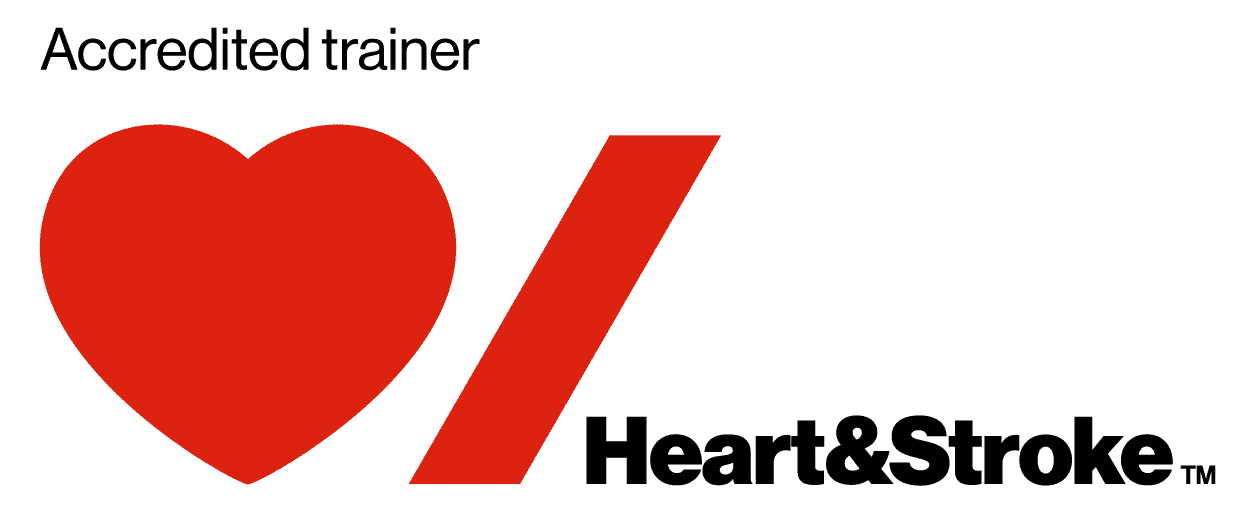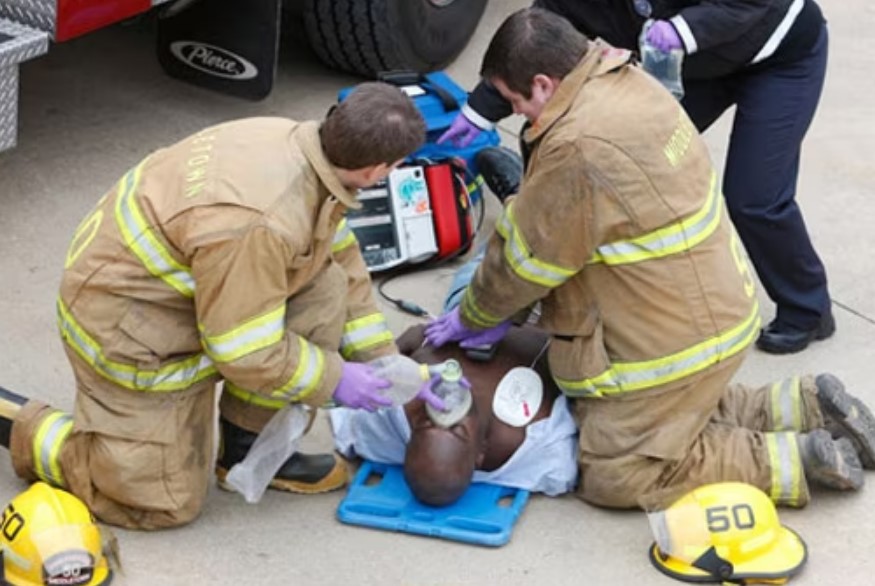What Level of First Aid & CPR Training Do I Need?
Choosing the correct level of First Aid and CPR certification is essential—whether you need it for work, school, placement, or simply want to be prepared in an emergency.
This guide explains the differences between:
- Standard First Aid
- Emergency First Aid
- CPR (various levels)
- Basic Life Support (BLS)
…and helps you decide which certification aligns with Ontario requirements, WSIB standards, and your profession’s expectations.
All courses listed here are available through First Aid Connect, an accredited Canadian Red Cross and Heart & Stroke training partner in Ottawa.
Understanding First Aid & CPR Training Levels
Ontario workplaces, schools, and training programs require different First Aid/CPR levels based on:
- Risk level of the job
- WSIB regulations
- Licensing requirements
- Employer or school policies
- Whether you work with children, healthcare environments, or vulnerable populations
Below is a breakdown of the four most common course types.
Standard First Aid & CPR / AED Level C
✔️ Best for: Workplace requirements, childcare, schools, fitness, security, general certification
✔️ WSIB-approved & valid for 3 years
Standard First Aid & CPR/AED Level C is the most widely required First Aid course in Ontario. It is the recommended choice for most professions and any job requiring legally compliant, WSIB-approved training.
What Standard First Aid Covers
- Emergency scene management
- EMS activation
- Airway, breathing & circulation emergencies
- Adult, child & infant CPR
- AED training
- Choking
- Cardiac emergencies
- Severe allergic reactions (EpiPen use)
- Head, neck & spinal injuries
- Bone, muscle & joint injuries
- Bleeding & wound care
- Diabetic, seizure & asthma emergencies
- Poisons & opioid overdose response
Who typically requires SFA?
- Childcare & daycare workers (required by law)
- ECE students
- Fitness professionals (CanFitPro, CSEP, gyms)
- School staff & coaches
- Security guards
- Construction workers (depending on site designation)
- Office workers/employees
- Lifeguards (plus additional certifications)
Renewal
Valid for 3 years
Recertify here →
Standard First Aid Recertification
Emergency First Aid & CPR / AED Level C
✔️ Best for: Low-risk workplaces, volunteers, retail, some service roles
✔️ Valid for 3 years
Emergency First Aid & CPR/AED Level C is a simplified version of Standard First Aid.
It covers life-threatening emergencies only.
What Emergency First Aid Covers
- Scene assessment
- Calling EMS
- CPR & AED use
- Choking
- Airway & breathing emergencies
- Cardiac emergencies
- Opioid overdose response
- Critical bleeding control
Who typically takes EFA?
- Retail workers
- Hospitality & restaurants
- Volunteers
- Low-risk workplaces
- Some office settings
If you're unsure whether to choose Emergency vs. Standard First Aid, always choose Standard First Aid—it covers more scenarios and is accepted everywhere.
CPR Training (CPR / AED Level C)
✔️ Best for: Fitness professionals, teachers, parents, workplaces that only require CPR
✔️ Valid for 3 years
CPR / AED Level C focuses specifically on:
- CPR for adults, children & infants
- Choking
- Breathing & circulatory emergencies
- AED use
- CPR sequences for single and two-rescuer scenarios
This course is ideal for people who do not need full First Aid, but require CPR for:
- Gyms and fitness centres
- Teaching & coaching roles
- Volunteer roles
- Schools
- Some workplace policies
Renewal
CPR C Recertification (WSIB-approved)
Basic Life Support (BLS)
✔️ Required for: Healthcare professionals & students
✔️ Valid for 1 year
Basic Life Support (BLS) (formerly CPR-HCP) is designed for individuals working or training in clinical and medical environments.
What BLS Covers
- High-performance team CPR
- Bag-valve-mask (BVM) ventilation
- Advanced airway & breathing support
- Opioid overdose response
- Rapid assessment
- Assisted ventilation
- Multi-rescuer CPR
- AED operation in clinical settings
Who requires BLS?
- Nursing students (uOttawa, Carleton, Algonquin)
- PSWs in some placements
- Paramedic students
- Dental assistants & hygienists
- Medical students
- Healthcare professionals
- Hospital staff
- Physio & occupational therapy students
Renewal
BLS Recertification
Most healthcare roles require renewal every year.
Which Level of First Aid & CPR Do I Need? (Quick Guide)
| Profession / Role | Required Course | Notes |
|---|
| Daycare / Childcare | Standard First Aid + CPR C | Required by law |
| ECE Students | Standard First Aid + CPR C | Required before placement |
| Nurses / Healthcare | BLS (plus SFA in some cases) | Annual renewal |
| PSWs | BLS or SFA depending on employer | Many require both |
| Fitness Trainers | CPR C (minimum) / SFA recommended | Insurance prefers SFA |
| Security | Standard First Aid + CPR C | WSIB-aligned |
| Retail / Low-risk workplaces | Emergency First Aid | Check employer |
| Construction | SFA or EFA depending on jobsite | WSIB determines |
| Parents / At-home safety | CPR C or Standard First Aid | SFA recommended |
What Level Is Best for Personal Preparedness?
For home and personal safety, you should consider:
- CPR / AED Level C C — if you only want CPR
- Standard First Aid & CPR / AED Level C — best for full readiness
- Emergency First Aid & CPR / AED Level C — if you want a shorter, lighter version
Families in rural areas or with limited EMS access benefit most from full Standard First Aid & CPR / AED Level C training.
Recertifying Your First Aid & CPR Certification
Staying current is essential.
Certificates expire at:
- 3 years → Standard First Aid, Emergency First Aid, CPR / AED Level C
- 1 year → BLS
Recertify here:
Conclusion
Selecting the right level of First Aid and CPR training is essential for workplace compliance, school admissions, and personal safety. Whether you need Standard First Aid & CPR / AED Level C, Emergency First Aid & CPR / AED Level C, CPR / AED Level C, or BLS, First Aid Connect offers WSIB-approved, nationally recognized training that prepares you to respond confidently in emergencies.
Accredited by the Canadian Red Cross & Heart & Stroke
Ottawa East (Saint Laurent) & Ottawa West (Kanata) locations
Blended and in-person options
Certificates delivered within 1–3 business days
Ready to Register?








